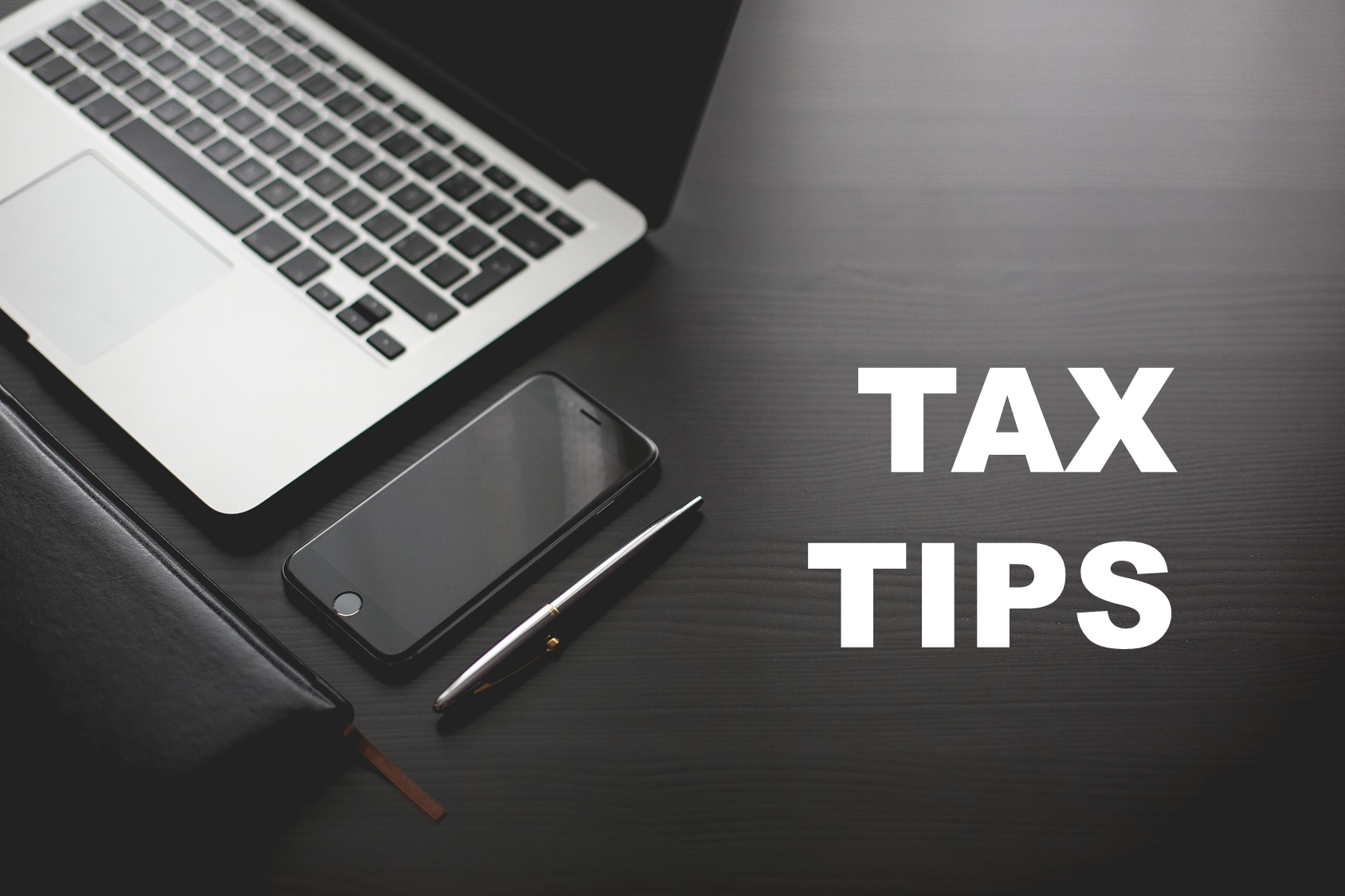Your cart is currently empty!

Tips From A Pro: Tackling Tax Season For Small Business Owners
With the dreaded April 15th tax deadline quickly approaching, it is important for small business owners to consider options and plan ahead. In addition to gathering and organizing paperwork, it may be difficult to master all the intricate rules of tax. However, small business owners, in particular, must educated themselves regarding the “ins and outs” of paying taxes and receiving tax deductions in order to successfully tackle tax season.
In an interview with founder of R.J. Centrello, CPA Robert Centrello, we came up with the following advice for tackling this tax season.
Prepare accurate contemporaneous records and take steps to keep them confidential.
You must remember that your security, specifically online, is at high risk. Make sure to utilize passwords and security precautions to protect your data.
R.J. Centrello stressed the importance of maintaining flawless records when trying to raise capital, as the various taxing jurisdictions may request a review of your records to ensure that you are paying your appropriate share of taxes and fees. Reinforcing the importance of orderly records, Centrello warned that “state and local jurisdictions have become much more aggressive in determining tax liabilities and collecting what is due.”
In addition to keeping these general tips in mind, for some small business owners there are certain special deductions, in which they may be able to take advantage of.
Is your business a start-up?
You may be able to deduct expenses. First, calculate the expenses paid to start your business. These expenses may include transportation, training for employees, or any kind of advertising costs. These deductions are typically considered capital taxes and, therefore, the deductions must be spread out over a certain amount of years.
Do you use your vehicle for business?
You may be eligible for tax deductions as well, such as the costs of maintaining and operating the vehicle. The IRS’s standard rate is 56 cents per mile. Or, you can deduct your actual expenses, including things gas, tolls, and parking fees. According to the IRS, you can still take a deduction if you use your vehicle for both business and personal endeavors. You simply must divide the expenses based on the mileage used for each.
Do you run your business out of your home?
You may be able to collect a home office deduction. However, this is only an option if a portion of your home is used solely for managing business. If you qualify for the deduction, you have two options—to deduct actual expenses or use the IRS’s system. Only expenses acquired from the business portion of the home will qualify for full deductions. Other expenses like insurance, utilities, and repairs can be deductible based on the percentage of your home used for business. In using the IRS’s method the deduction may be determined by calculating the square footage of the area of business in your home by five dollars.
Did you know that your office furniture is tax deductible?
Your office furniture provides another chance to trim your taxes. Items such as desks, chairs, tables, and other office-related equipment may qualify for deductions. You have two choices—deduct the entire cost of the furniture during the first year of your purchase or deduct a percentage of the expense over the course of seven years. Either way, your saving money!
(In addition to considering these helpful tips, we advise companies to consult with a qualified business accountant).
